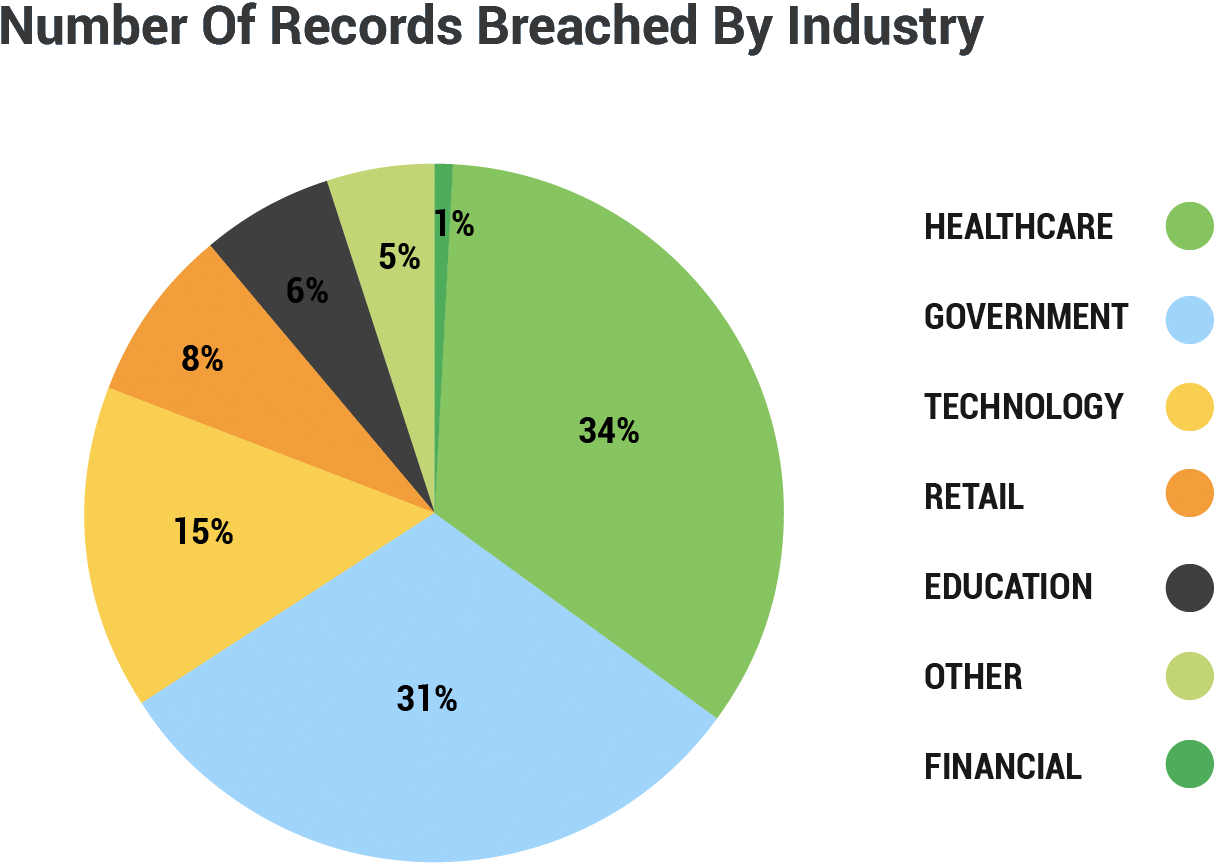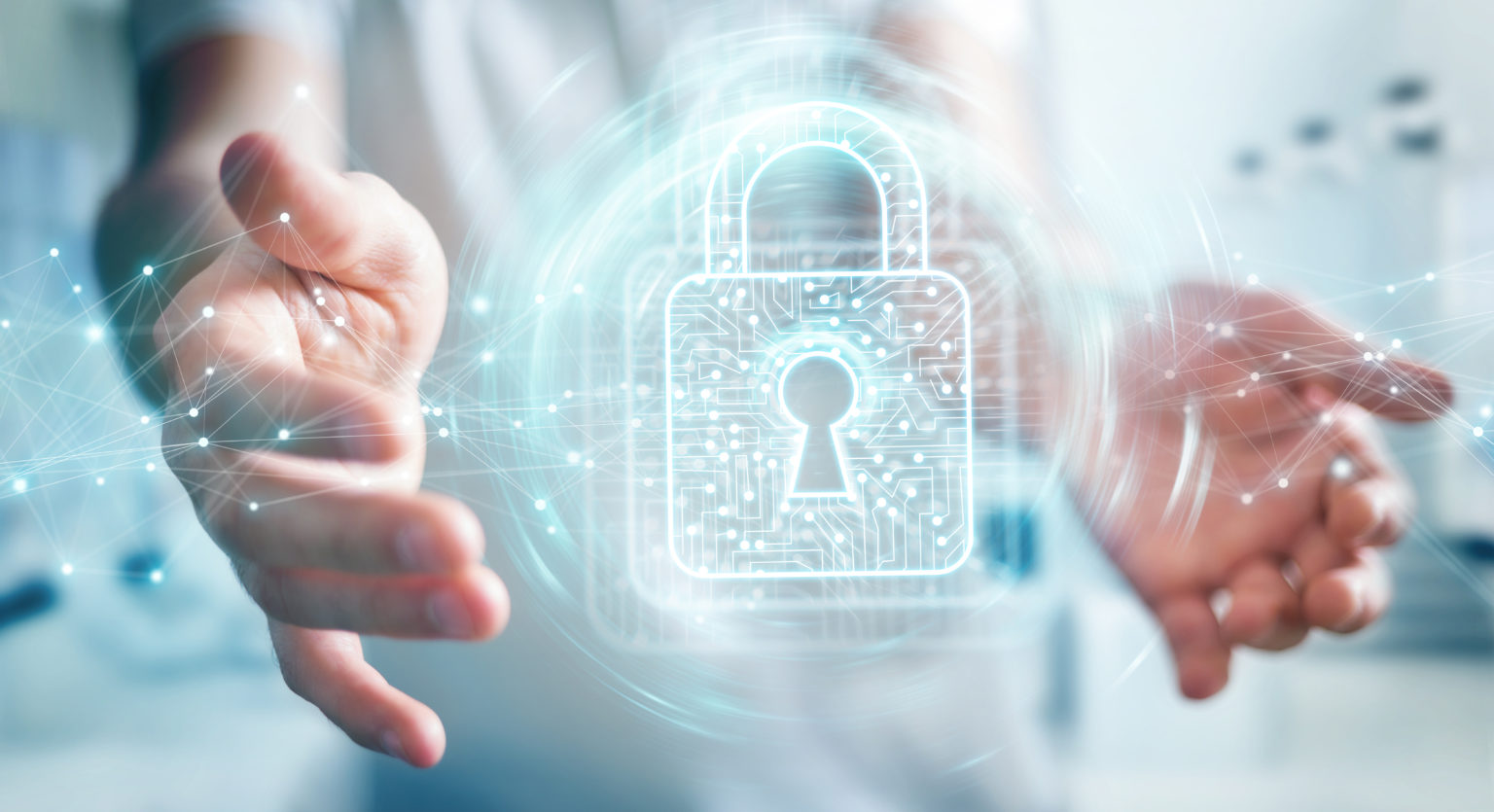Over the past two decades, there has been a massive shift from physical and manual processes to technology-based systems, and among the largest beneficiaries of this revolution is the healthcare industry. All of the data for medical institutions is stored on data servers that make it easier to access them from anywhere.
However, this also makes the healthcare industry vulnerable to cyberattacks. A report by the HIPAA Journal states that healthcare institutions were subject to more than 600 data breaches in the year 2020 alone. This caused more than 28 million healthcare records to be exposed.
Although healthcare systems are largely digitalized, there is still a need for a digital transformation in healthcare to safeguard it against cyberattacks that can cause the data of millions of patients to become public, and also incur heavy financial losses.
Recent Cyberattacks on the Healthcare Industry
Healthcare organizations are at a higher risk of cyberattacks all over the world. In 2020, the National Health Service (NHS) of the United Kingdom received approximately 140,000 phishing emails, which were targeted to steal patient data.
The scammers used a fake COVID-19 vaccination invite by the NHS to lure people into clicking a link. According to NHS Digital, more than 100 email inboxes were compromised and used to send out these emails.

In September 2020, a ransomware attack at a German hospital caused the death of a woman. The UK National Cyber Security Centre (NCSC) also reported an attack by known hackers, APT29, who targeted data about COVID-19 development in the UK, Canada, and the US. Moreover, the University of California had to pay a $1.14 million ransom to NetWalker after ransomware affected servers of their School of Medicine.
These are only some of the recent cyberattacks. According to an IBM report on the financial impact of healthcare data breaches, the average cost of cyberattacks set the healthcare industry back $7.1 million every year.
Vulnerabilities in the Healthcare Industry
There are many ways in which cybercriminals target the healthcare industry, and the number of cyberattacks increased rapidly since COVID-19 started spreading all over the world. Organizations that are at the forefront and dealing with the virus are most vulnerable to these attacks.
One major reason the healthcare industry is targeted is that patient records store the most valuable information about people, including their Social Security Numbers and credit card details. This information can be used to commit identity theft, steal money from people’s accounts, and also commit frauds worth millions of dollars. Moreover, hospitals have a lot of devices and systems that are used for patient registration, diagnoses, and treatment. Therefore, there are a lot of entry points that hackers can tap into.
Apart from these vulnerabilities, the theft of health records can also be used to incite chaos on a national and global level, especially due to the ongoing pandemic.
The Importance of Cyber Security in the Healthcare Industry
First and foremost, the healthcare industry needs to be safeguarded against cyberattacks so that medical institutions can continue to deliver high-quality care and treatment. Since the world is still reeling from the pandemic, healthcare professionals are on their toes round-the-clock, trying to save lives. They don’t need another cyberattack that can set back their efforts.
Moreover, it is equally important for patients to have their medical records protected from cyberattacks since they can lose their identity, as well as all the money that they have. Plus, if their identity is cloned and used in criminal activity, they would be liable to prosecution, even though they wouldn’t have done anything.
How ServiceNow SecOps Can Help
ServiceNow has security tools and platforms that can be utilized to identify potential threats and loopholes in healthcare systems. ServiceNow Security Operations, or SecOps, makes use of automation and optimized workflows to categorize threats based on their impact on a healthcare organization.
With ServiceNow SecOps, you can access a wide variety of features that can help you in identifying and mitigating security incidents, and you can also use it to fix loopholes and vulnerabilities in your system.
Apart from this, ServiceNow also provides you with Governance, Risk and Compliance (GRC) applications that allow you to continuously monitor your system, prioritize the threats, and also automate your workflow to make the detection process faster.
Benefits of Investing in SecOps and GRC to Protect Medical Records

One of the major benefits of using ServiceNow GRC and SecOps is that healthcare institutions will be able to identify and assess all the possibilities of cyberattacks within their system, so that the theft of millions of patient records can be prevented, and measures can be taken to ensure that cybercriminals can’t find any entry points into the system.
As a result, the healthcare industry can be protected from millions of dollars’ worth of ransoms and losses.
Optimize Your Healthcare Security with Kanini
Our team of data scientists and security analysts can help evaluate the security measures of your healthcare system, and we can also help you implement a digitalized system that is difficult to penetrate. Talk to us and see how we can help secure your information.
Author

Joshua Smith
Joshua is a process improvement thought leader and digital transformation expert at KANINI. Over the past 15 years, his focus has always been on achieving organizational maturity and enhancing business processes through implementing tools and workflows to drive transformation initiatives. With experience in multiple verticals from – manufacturing to healthcare, Joshua brings a practitioner’s perspective when working on business solutions and goals to allow him to advise and guide on industry and process best practices.








